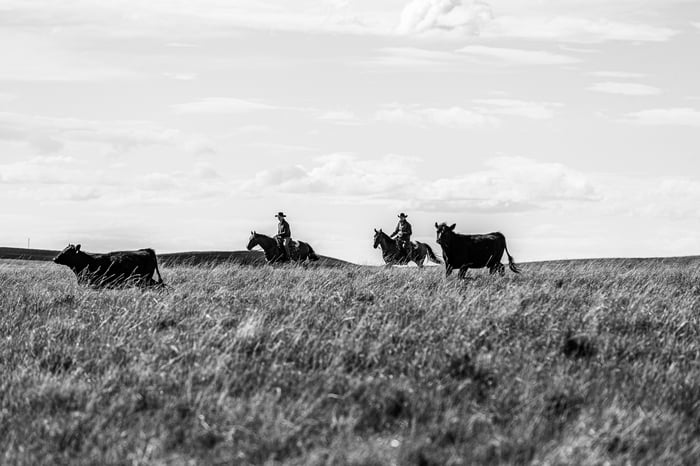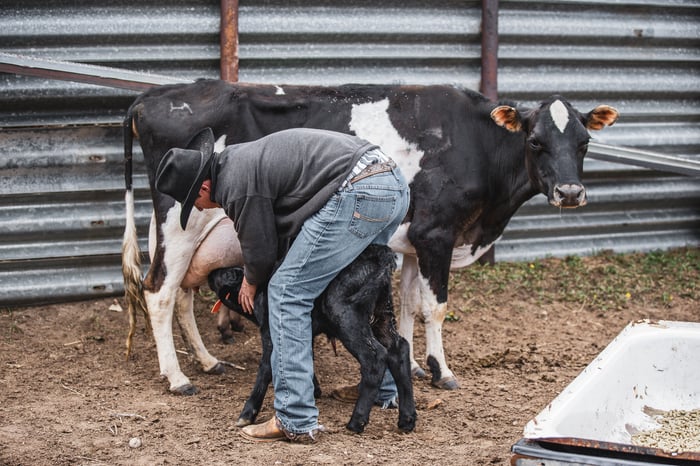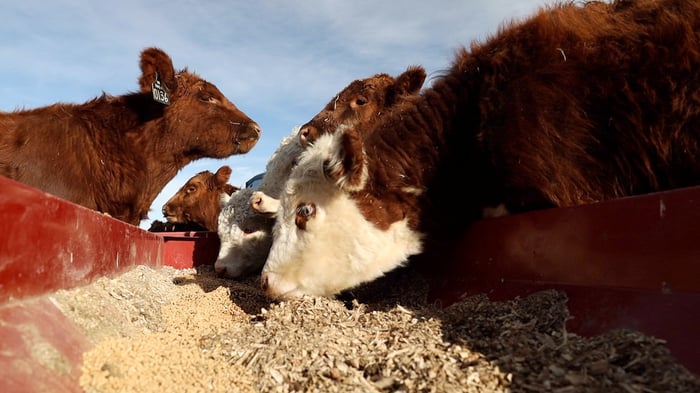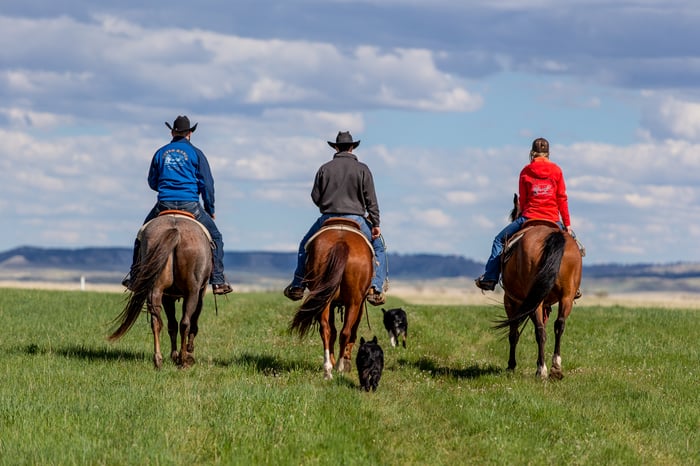Land Ownership – View It as a Business
 By John Hansen
By John Hansen
Land ownership has been important to humankind as far back as we can we can determine from archeological, oral, and written histories. Starting with hunter/gatherer territories, through fiefdoms and kingdoms, to ultimately, private land ownership. This progression of, and desire for, land ownership has been driven by the desire for establishment and maintenance of food sources, security, and attainment of relative wealth. Individual land ownership, a historically recent development, has also yielded the aspect of diversification of wealth, privacy, and quiet enjoyment (read recreation) of the property.
This deeply ingrained desire for land ownership has developed a strong element of emotional attachment to land that may ultimately impede rational and logical views of land ownership when it comes to business planning and operations. To make the most of land ownership, it may be necessary to take a somewhat detached view of the land, from an emotional standpoint, and look at it as a business. If you are a land owner, you are really in the Land Business. Like any business, you should access all of its attributes and values, both potential and proven, and figure out how to best monetize them to provide for the financial sustainability and retention of your Land Business.
.jpeg?width=223&name=Kansas-12%20(1).jpeg) The majority of land in private ownership has, for centuries, been valued mostly for what it can produce in terms of livestock production, farm production (grain, livestock feedstuffs, vegetables, etc.), and timber or forest products. This view of land value has developed a tendency for many, if not most, land owners to view their land through this set of land valuations. For much of recent history this has worked out reasonably well and has allowed much land to pass from one generation to the next for many generations. However, times and conditions change. And, as has so often been written, “that which does not evolve – perishes”.
The majority of land in private ownership has, for centuries, been valued mostly for what it can produce in terms of livestock production, farm production (grain, livestock feedstuffs, vegetables, etc.), and timber or forest products. This view of land value has developed a tendency for many, if not most, land owners to view their land through this set of land valuations. For much of recent history this has worked out reasonably well and has allowed much land to pass from one generation to the next for many generations. However, times and conditions change. And, as has so often been written, “that which does not evolve – perishes”.
Potential problems and concerns with the traditional values associated with land is two-fold:
- You are generally producing commodities. In the current market you are a “price taker”; you take your product to market and they pay you a “market rate.” You have little choice in the matter (other than to not sell– but then you get no money). There is a finite value at the end of what you produce, and you only receive a percentage of that value. The initial buyers, processors, distributors, transportation networks, and retailers each take enough to make their profit margins, leaving you whatever is left over. Often this leaves little profit to the producer– if any.
- Your products are consumptive/extractive. When you produce a physical product from your land and sell it, you are exporting nutrients and biomass away from your land’s “ecosystem”. Now, I am not saying this is a reason not to produce products from your land. What I want is for landowners to consider this as one of the criteria for making decisions about what they consider producing and the way they are produced. There are agricultural and silvicultural practices that minimize what and how much leaves their property along with the product. There are also ways to replace what has been removed.
Despite these problems, it is unreasonable to think that not producing physical products from your land is what is best for your Land Business. Producing physical products may indeed create financial sustainability, and in many cases, may be best for the land health in the long term. Animal impacts and certain cultivation practices help maintain or improve soil quality and the localized ecosystem health. So perhaps we should look at new classes of products that are not based solely on extraction and consumption that can be monetized and added to your Land Business revenue stream.
There are at least three emerging classes of these products:
- Experience-Based Products. The most common term for this is Eco-tourism which includes, but is not limited to, bird watching, ranch/farm experience trips, camping, hiking, nature and ecology walks. This is a category that allows for much creativity and imagination on the part of the landowner and can be very well tailored to a variety of operations and landscapes. This is a rapidly growing market. These products do not rely on extracting anything.
- Experiences with a minor consumptive/extractive component. This group could include hunting, fishing, mushroom picking, berry picking, etc.
- Additive Production Products (also labeled Ecosystem Services). Examples include Carbon Sequestration and the Carbon Credit Market which are currently being developed in agriculture and silviculture. There is a developing market for Carbon Credits by sequestering carbon in the soils of rangelands, farmlands, and timber lands. Carbon sequestration measurements and Carbon Credit Marketing on timber lands is a bit further along in its measurement, contracting, and marketing than it is on rangeland and farmland. Looking ahead, it is not unreasonable that other ecosystem processes will be monetized for the benefit of the landowner.
All three of these non-traditional products and markets may assist you in developing a Land Business Model and diversity of revenue that leads you to profitable and sustainable land ownership. You may be surprised at what markets are available and in-demand by end users that simply did not exist even a few years ago.
John Hansen is a LandTrust Landowner bringing his ideas and perspective to the forefront of our mission; to partner with landowners who value adaptive management and are seeking alternative sources of revenue. John understands the challenges that landowners face and can relate to the constant pressures they are under to adapt to today's fast-pace world. With an education in animal and range science from Montana State University, John has a strong background in agriculture, farming/ranching and natural resource management, as he has been a consultant for several years. He has also managed both small and very large acreage agriculture operations over the years. We look forward to sharing more of John's perspective in the near future.






